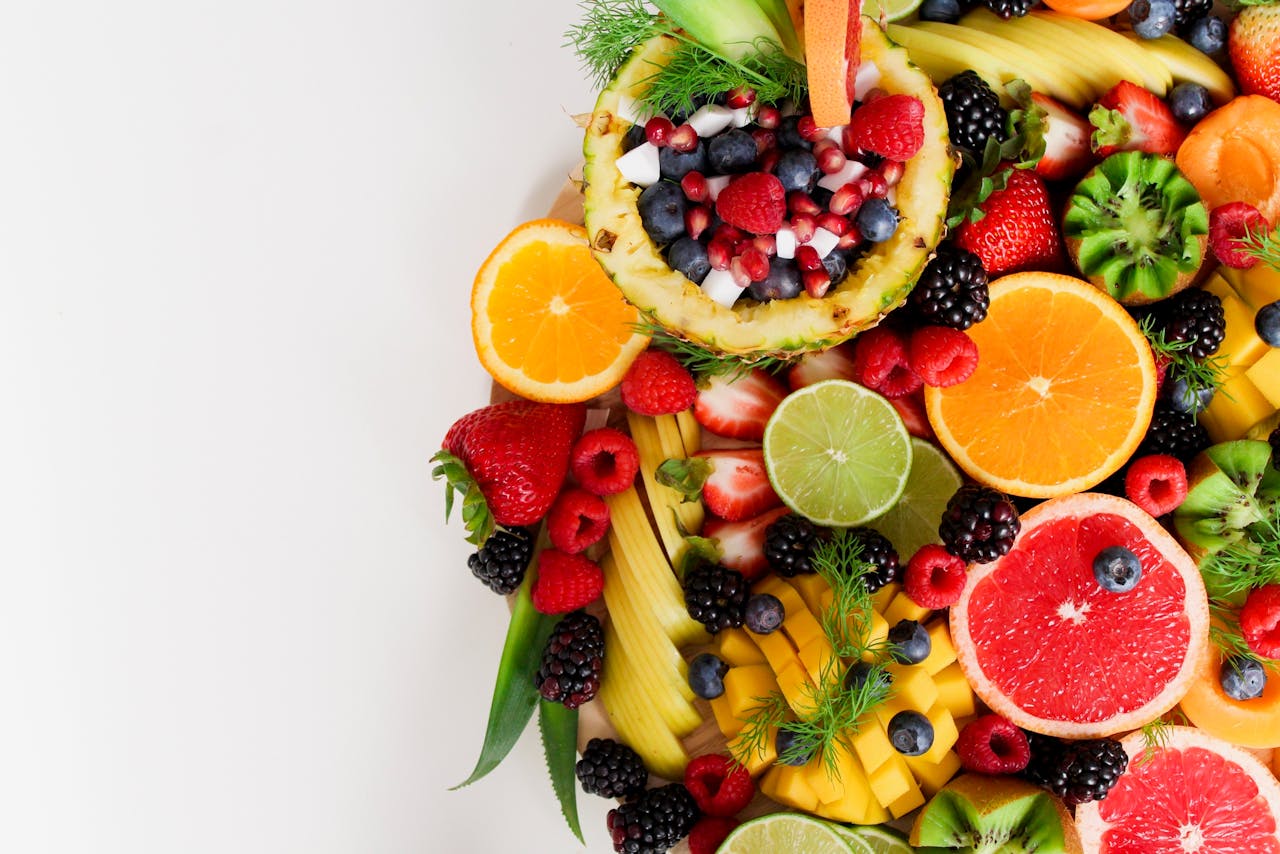Did you know that March is also known as National Nutrition Month? It is a great time of year to focus on making smart food choices and developing healthy eating and physical activity habits. Finding ways to boost your nutrition knowledge is essential for maintaining good health throughout our lives.
In this blog post, we will focus on sharing basic nutrition facts that everyone should know. By understanding and applying these foundational pieces of information, we can make informed choices about the foods we eat and the lifestyles we choose to live.
So what are some basic facts that boost our nutrition knowledge and help improve our overall health? Keep reading to learn more!
Basic Nutrition Definitions & Facts
To start, let’s explore some of the basic definitions we should all know when it comes to nutrition:
- Calories: Calories are units of energy that we get from eating food and drinking beverages. When we eat more calories than our bodies need, we can gain weight. On the other hand, if we don’t eat enough calories, our bodies can lose weight.
- Macronutrients: There are three macronutrients that we should all know: Carbohydrates, Proteins, and Fats. Carbohydrates (or carbs) provide us with energy and can be found in foods like bread, pasta, and fruit. Proteins help us build and repair tissues and are found in meat, fish, beans, and nuts. Fats are important for energy storage, insulation, and absorbing important vitamins. Healthy fat sources include avocados, nuts, seeds, and fatty fish.
- Micronutrients: Micronutrients are also known as vitamins and minerals that our bodies need to function properly. These include vitamin C, vitamin D, calcium, iron, and potassium.
- Fiber: Fiber helps us digest food properly, keeps us from getting hungry too fast, and makes sure our bowels are healthy and functioning well. Fiber can be found in fruits, vegetables, whole grains, and legumes.
Example of a Healthy Daily Meal Plan
To help you develop your nutritious meal plan, we have provided some examples of healthy food options for breakfast, lunch, dinner, and snack times. This plan has a good balance of proteins, healthy fats, carbs, fiber, and micronutrients from many different healthy food options:
Breakfast Ideas:
- Scrambled eggs with chopped spinach and tomatoes
- Whole grain waffles with mixed berries on the side
- A fruit and vegetable smoothie with almond milk
Morning Snacks:
- Greek yogurt with nuts and honey
- Cheese with whole-grain crackers
Lunch Ideas:
- Grilled chicken salad with mixed greens, tomatoes, cucumbers, and croutons
- Farro or quinoa
- Steamed vegetables
- Apple or orange
Afternoon Snack:
- Carrots and celery with hummus
- Grapes
Dinner Ideas:
- Baked salmon with lemon
- Roasted sweet potatoes
- Steamed asparagus
- Whole grain bread rolls
Dessert:
- Mixed berries with Greek yogurt
Tips for Stretching Your Healthy Food Budget
Eating healthy can sometimes seem expensive, but it doesn’t have to be! There are so many great ways to stretch your budget and maximize the nutrition you get from your groceries. Check out these great tips to stretch your fruit and vegetable budget:
- Create a meal plan for the week that incorporates the same fruits and vegetables in different ways and recipes This way you can make the most out of a few ingredients every week.
- Cook food that can last for several meals instead of just one. Utilize your freezer to store leftovers whenever possible, making it easy to reheat ready-to-eat meals when you need them quickly.
- Swap out meat for some meals with lower-cost alternatives such as beans, lentils, tofu, or tempeh. These ingredients are also packed with protein and cost less than meat. Plant-based proteins such as this are also very healthy and filled with nutrients.
- Shopping tricks can also help you save money when buying groceries. You can shop in bulk, look for seasonal produce, and utilize coupons and discounts whenever possible. Comparing prices can be helpful and so can buying frozen produce instead of fresh options.
Conclusion
In conclusion, learning about nutrition is very important for our health. Taking time to incorporate more nutrition knowledge into your daily life can be quite powerful in ensuring you stay healthy. In addition, understanding various nutrients can make it easier to plan your daily meals and shop for ingredients that provide the macro and micronutrients your body needs to function well. Using some budgeting tricks and tips can also be very helpful for anyone trying to maximize the food and nutrients they can purchase within their budget. Visit our men’s health and women’s health pages to learn more about staying well in the long-run.

